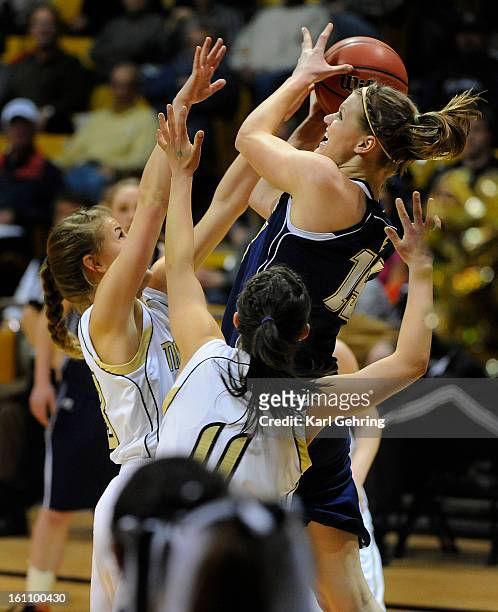11 Obstacles
- coachingbb4life.com

- Mar 23, 2021
- 5 min read
One of the most disappointing aspects of coaching high school basketball was when a senior player left your program, and you as their coach, knew they never came close to reaching their potential. It is inevitable but certainly frustrating to see a player go through your level of play or even
through several years in your program and they do not become better more
skilled players. Why do some players improve their play from one year to
the next while others seem too plateau or even worse regress? Another one
of those coaching mysteries we struggle to find the answer(s) for.








Entitlement has been on the forefront in my opinion. Some players have the potential but due to the impact of entitlement they appear to cut corners and take plays off. When this happens it often plants a mindset seed of "I'm good enough to not work as hard." Unfortunately, this mindset is far from reality. As a result, I take accountability on eliminating this mindset and purposely recognize those that work themselves to exhaustion.